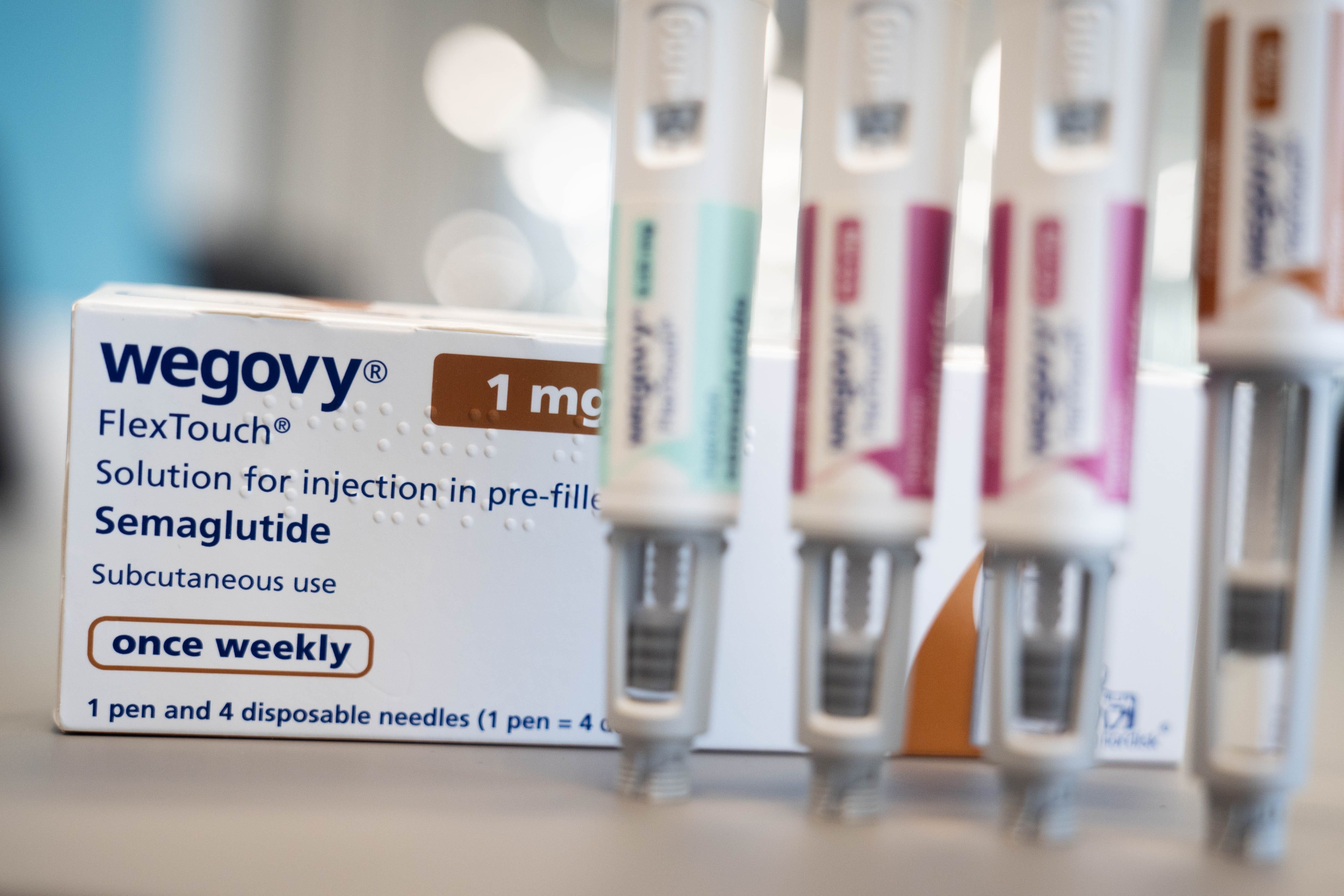
Sending weight loss jabs in the post to 15 million people could boost economic growth by £52 billion, according to a report by Sir Tony Blair’s think tank.
Increasing access to weight loss jabs such as Wegovy and Mounjaro, would save billions of pounds by keeping people in work longer, the report by the Tony Blair Institute for Global Change (TBI) explained.
It added that although “the cost of treating obesity may be high, the cost of not treating it is higher.”
Obesity costs society about £98 billion a year as a result of “higher NHS treatment costs, increased welfare payments and decreased productivity.”
The think tank called for weight loss jabs to be means-tested, so poorer patients can access them on the NHS, while others pay for it themselves, or have the costs covered by employers.

Ordering the jabs through the NHS app and getting them delivered straight to their door, rather than having to go to a clinic is one way to boost their accessibility.
Economic modelling by the think tank found giving about 15 million patients the jabs over the next two years would save £52 billion by 2050. That’s because it could prevent chronic diseases that stop people working.
It would also reduce Department for Work and Pensions spending on benefits by £3.47 billion a year by 2035.
The TBI report explained that the drugs should be targeted to middle-aged adults to maximise the economic benefits. It suggested people in their forties, fifties and sixties are in a “sweet spot” for prevention of disease and the proportion of people of this age in work is high.
Weight-loss injections, also known as GLP-1 receptor agonists, work by mimicking the natural hormone which regulates blood sugar, appetite and digestion.
They can be prescribed to lower blood sugar in people living with type 2 diabetes but can also help people to lose weight.
Obesity is linked to a wide range of health problems including cardiovascular disease, type 2 diabetes and some cancers. But weight loss jabs have been shown to reduce heart attacks and prevent cancers.
Currently the NHS provides weight-loss jabs to about 4,000 people a month, but because one million patients buy these drugs privately there is a “two-tier” system.
The report said that weight loss jabs should be offered on the NHS to people who are overweight, with a body mass index (BMI) over 27, as well as those who are obese, with a BMI of 35 or more.
Currently, jabs such as Wegovy, are prescribed to patients who have a weight-related health condition, such as high blood pressure, cholesterol or cardiovascular disease.
Dr Charlotte Refsum, the director of health policy at the institute, told The Times: “If the government is looking to improve health and drive economic growth, tackling obesity - as part of a wider prevention agenda - must be a key priority.
She added: “The government must follow its instincts and be bolder, providing faster, broader access in a more convenient way that meets them where they are - online, at home and in the high street.”
‘We are still waiting for justice’: Infected blood victims call on PM to act
Mental health reforms ‘mark vital step’ in improving care quality – Streeting
An experimental painkiller could be the key to solving the opioid epidemic
You can reduce your risk for another heart attack with one simple step
The fruit that lowers your baby’s chance of developing food allergies
Why the standard test for prostate cancer often misses the most dangerous types







